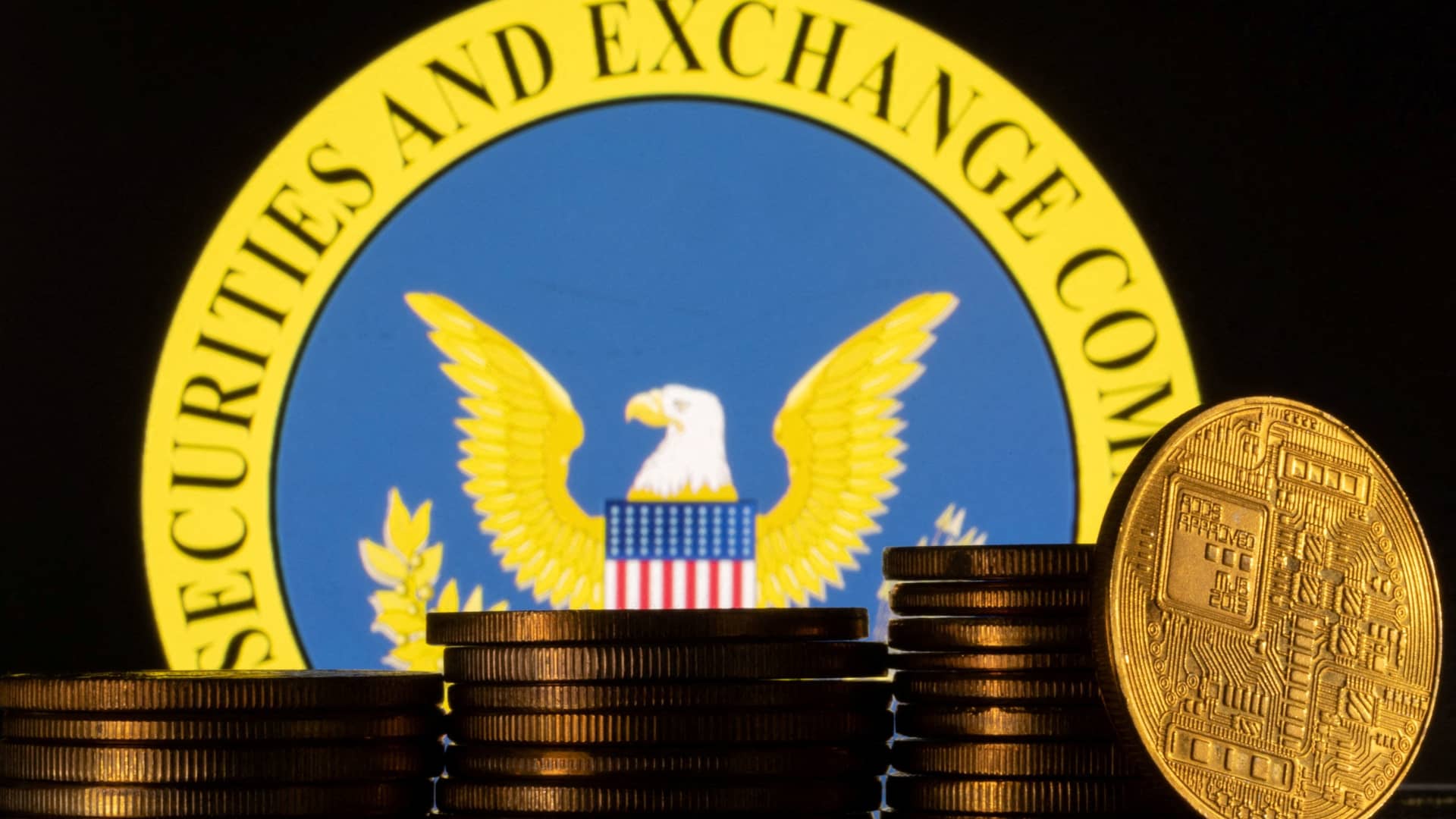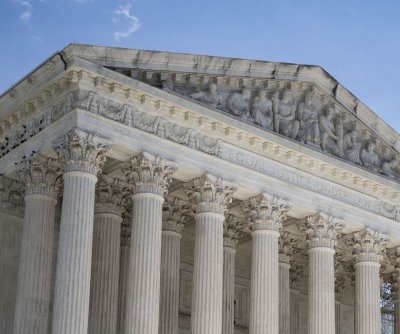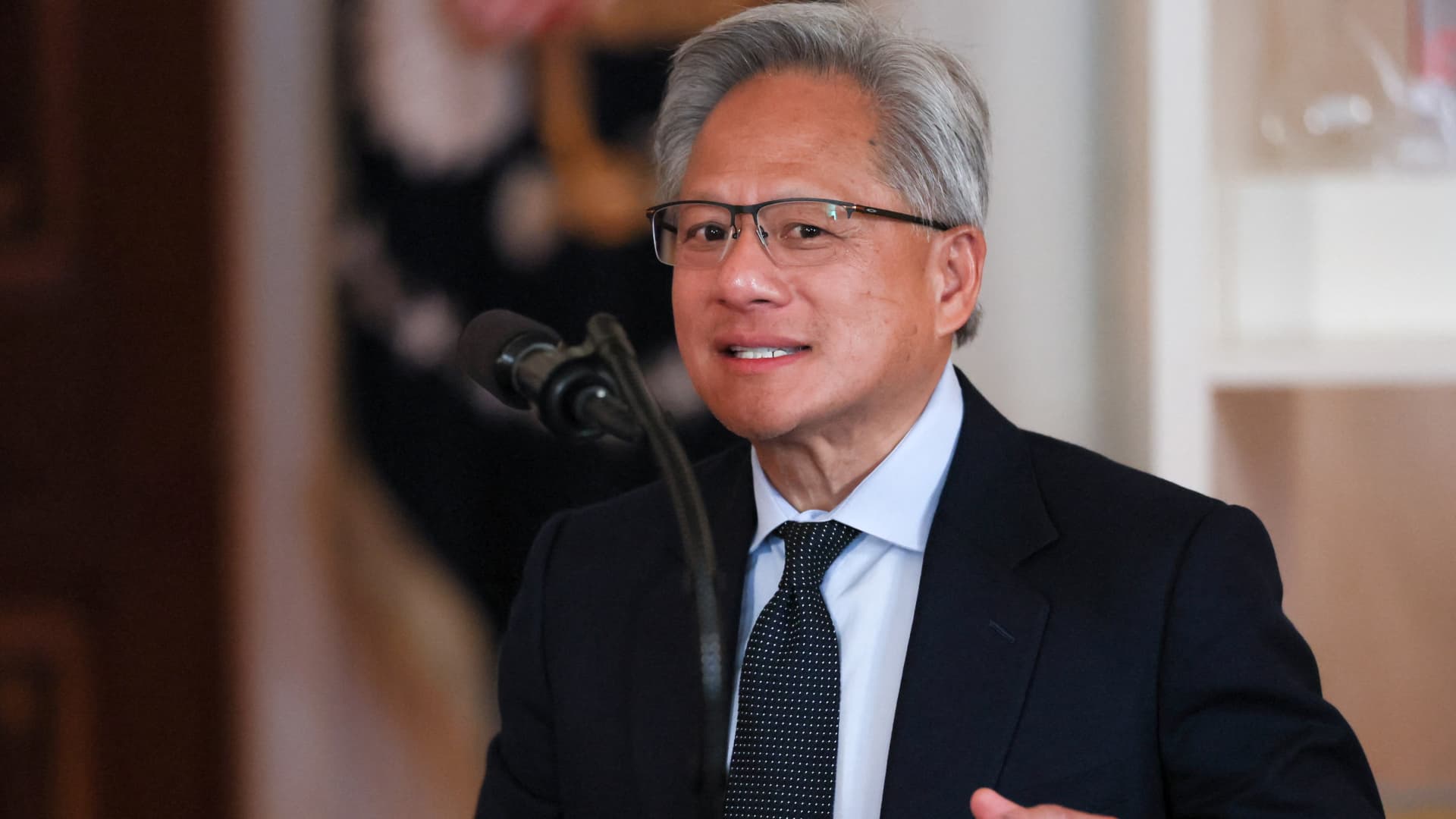Now Reading: SEC bitcoin hack case gets Alabama man sentenced to 14 months in prison
-
01
SEC bitcoin hack case gets Alabama man sentenced to 14 months in prison
SEC bitcoin hack case gets Alabama man sentenced to 14 months in prison

An Alabama man was sentenced to 14 months in prison for his involvement in the January 2024 hack of the Securities and Exchange Commission’s X account, leading to a tweet that briefly boosted the price of bitcoin by over $1,000. Eric Council Jr. admitted guilt in U.S. District Court in Washington, D.C., to charges of conspiracy to commit aggravated identity theft and access device fraud related to assisting others in taking over the SEC’s account. The account falsely stated that the SEC had approved exchange-traded funds for bitcoin, causing the cryptocurrency’s price to initially rise and then drop by over $2,000 after the SEC regained control and clarified the tweet was false.
The sentence Council received was 14 months, 10 months less than requested by prosecutors, who highlighted a video statement posted on X by a group providing tools for hackers, purportedly involving Council. The video showed Council confessing to his role in the hack, blaming the SEC’s cybersecurity practices, and downplaying his and his co-conspirators’ responsibility. Council’s defense attorney requested a 12-month and a day prison term, mentioning his client’s lack of prior criminal history and his past marijuana use for mental health struggles.
Council’s involvement in the hack included a SIM swap attack on an individual linked to the SEC’s X account. He used a portable ID card printer to create a fake driver’s license, then went to an AT&T store in Huntsville to transfer the victim’s phone number to a device controlled by Council. The Justice Department noted that during the time of the fraudulent tweet, the bitcoin market was anticipating news on bitcoin ETF decisions. Council, known online by various aliases, was paid about $50,000 in bitcoin by his co-conspirators. Surveillance agents observed Council attempting a SIM swap at an Apple store in Birmingham. Authorities found a fake ID card, identification printer, and incriminating searches on Council’s laptop during a search of his belongings.
District of Columbia U.S. Attorney Jeanine Pirro emphasized that such schemes threaten the market system’s health and integrity, as well as the financial security of individuals, financial institutions, and government agencies.






